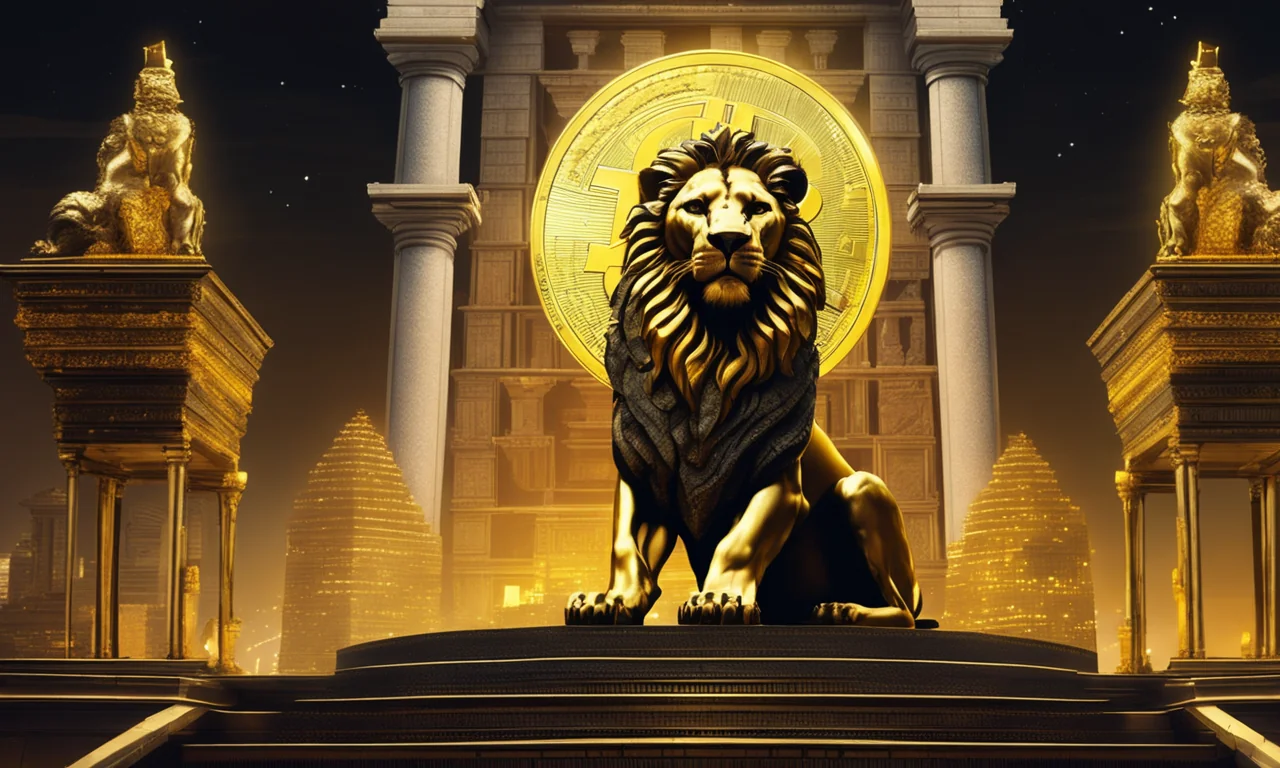
Institutional Giants Accelerate Crypto Adoption Amid Political Moves
The surge in institutional and governmental engagement is reshaping the global cryptocurrency landscape.
Today's X (Twitter) discourse around #cryptocurrency has evolved into a high-stakes spectacle, where institutional acceptance, political ambition, and speculative optimism merge into a single, relentless narrative: crypto is no longer fringe—it's the battleground for global relevance. The noise around Bitcoin's price surge and the parade of new adopters is intoxicating, but beneath the surface, these conversations reveal more about power, positioning, and the illusion of “early” than about technology itself.
Institutional FOMO and the Illusion of Legitimacy
The day's defining theme is the unmistakable rush of traditional finance into crypto. Announcements from legacy giants are splashed across feeds: Citi's decision to launch crypto custody services in 2026 and JPMorgan's confirmation on CNBC that they'll provide Bitcoin services have shattered the old narrative of crypto as outsider money. Even JPMorgan's public statement to allow client trading, but not custody—discussed in Bitcoin Magazine's coverage—signals a hesitant yet irreversible institutional embrace.
"Citi entering crypto custody turns digital assets into institutional-grade infrastructure. Trillions of capital will now have secure pathways to flow into Bitcoin. Which institutions will accelerate adoption once custody risk disappears?"- Crypto Ex-Insider (3 points)
Kenya's move to legalize Bitcoin and crypto for its entire population amplifies this institutional momentum, reframing digital assets as not just financial experiments but geopolitical instruments. The message is clear: governments and banks aren't just joining the crypto party—they're setting the terms. The era of underground crypto is being replaced by global power plays.
Political Posturing and the New Crypto Elite
Crypto's transformation from counterculture to status symbol is nowhere more evident than in the swirl of political pronouncements. Donald Trump's alleged status as one of the world's largest Bitcoin holders—with Forbes estimating his exposure at $870 million—coincides with a new wave of political promises. The UK's Nigel Farage, now leading in the polls, has publicly pledged to add Bitcoin to the nation's reserves, mirroring Trump's own overtures.
"Eventually, every politician becomes a Bitcoiner. Not by belief, but by necessity..."- Chele Dimitrie (15 points)
Yet, skepticism runs deep, as evident in the reminder that “we have zero evidence that [Trump] holds ANY bitcoin.” Meanwhile, Barron Trump's prediction that Bitcoin could hit $300,000 to $500,000 this cycle injects youthful bravado into the narrative—crypto is now a marker of family legacy, not just personal fortune. The real story isn't about coins, but about who gets to shape the future of money, and why every politician now wants a seat at the digital table.
Speculation, Volatility, and the Myth of “Early”
Amid institutional land grabs and political theater, the community's fixation on timing is relentless. Bitcoin's latest price spike—now at $116,000—fuels both FOMO and fatigue, while traders like Doctor Profit dissect the day's market movements, noting that markets shrugged off China tariffs and capitalized on volatility. The repeated mantra “We are so early. HODL” in Bitcoin Magazine's post is more than a rallying cry—it's a psychological lifeline for a community desperate for meaning as institutional players crowd the field.
"Earliest we'll ever be again..."- Portal (7 points)
As the dust settles, it's clear that the promise of getting in “early” is now an institutional marketing tool. The speculative fever, from Barron Trump's wild forecasts to Kenya's sweeping legislative action, is less about innovation and more about who controls the narrative—and, ultimately, the future of value itself.
Journalistic duty means questioning all popular consensus. - Alex Prescott